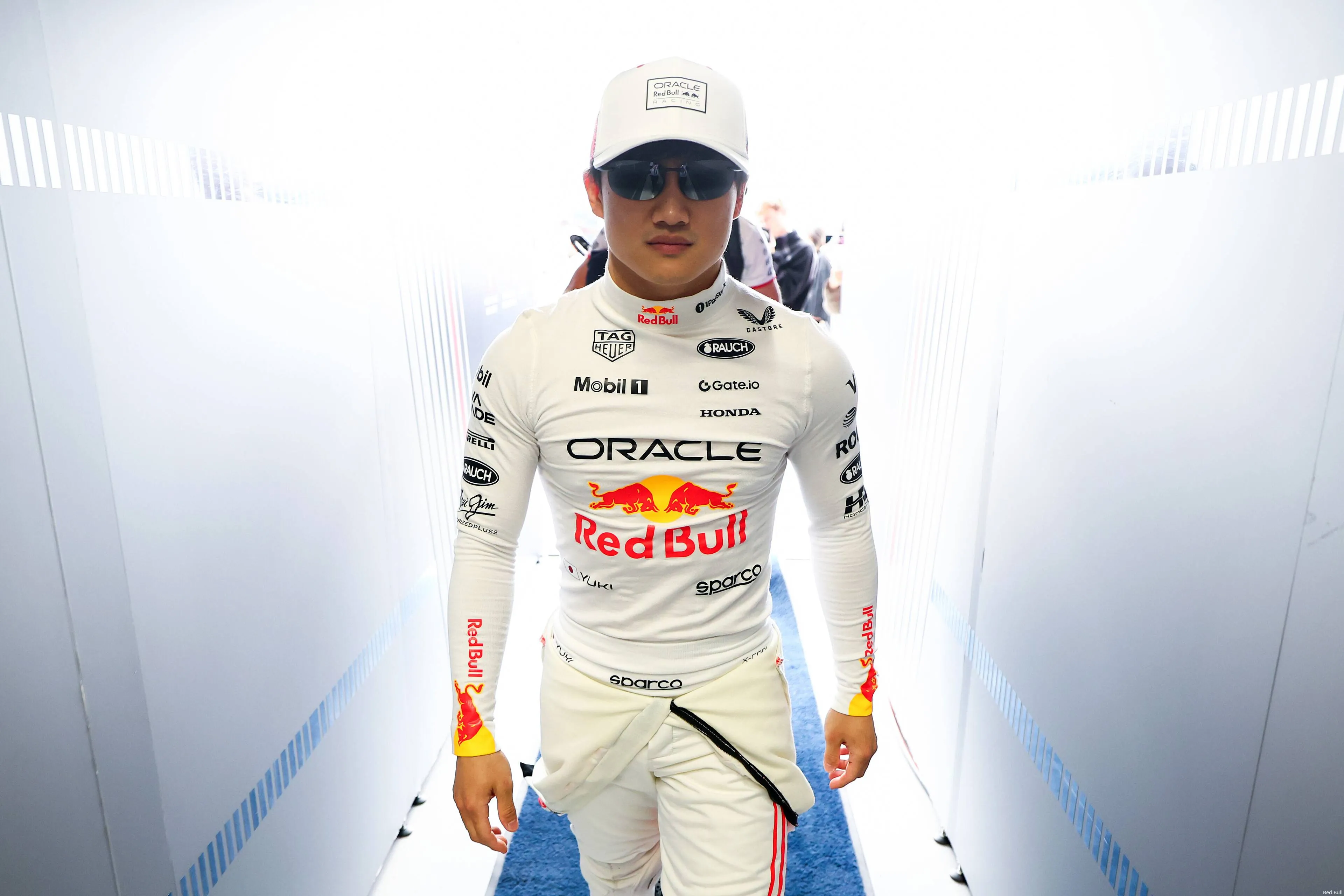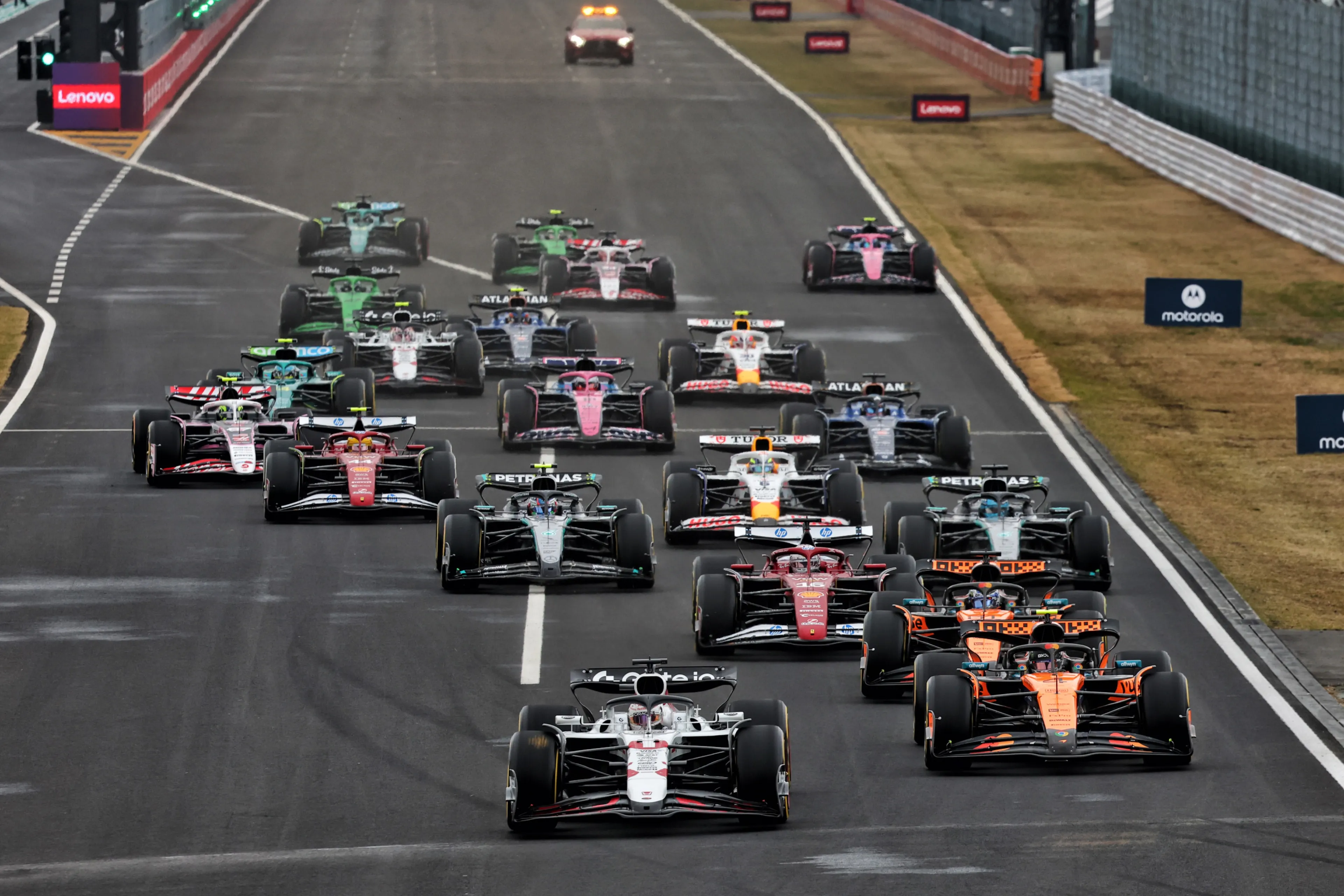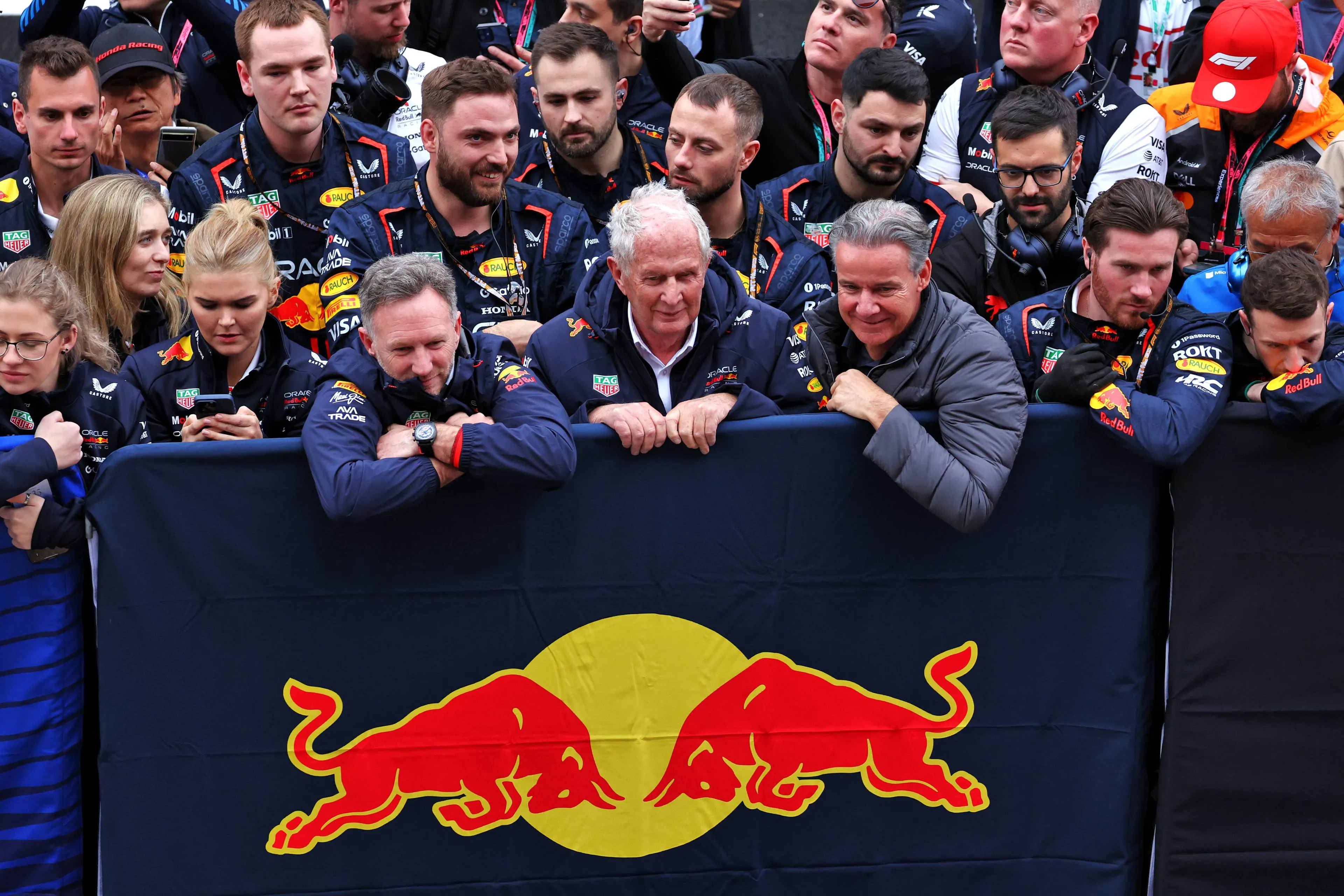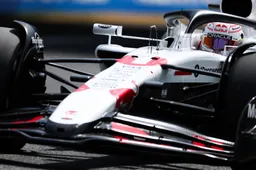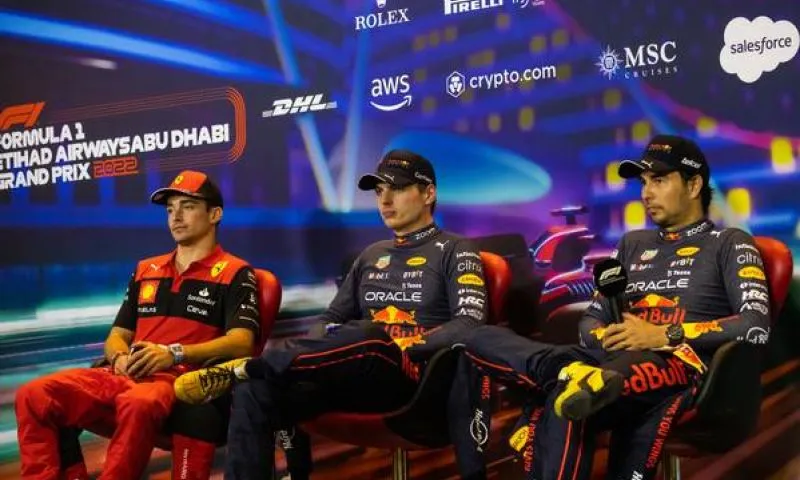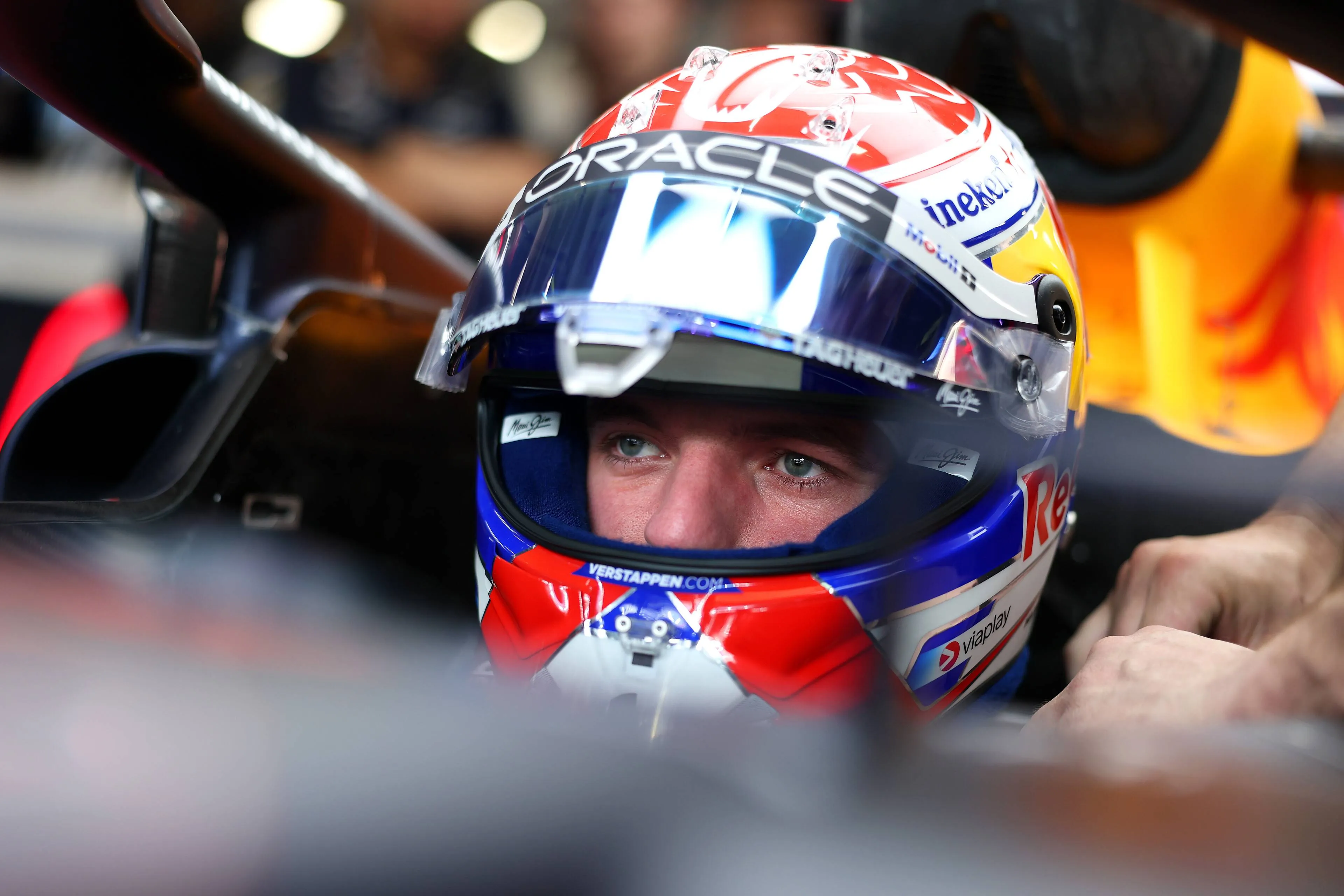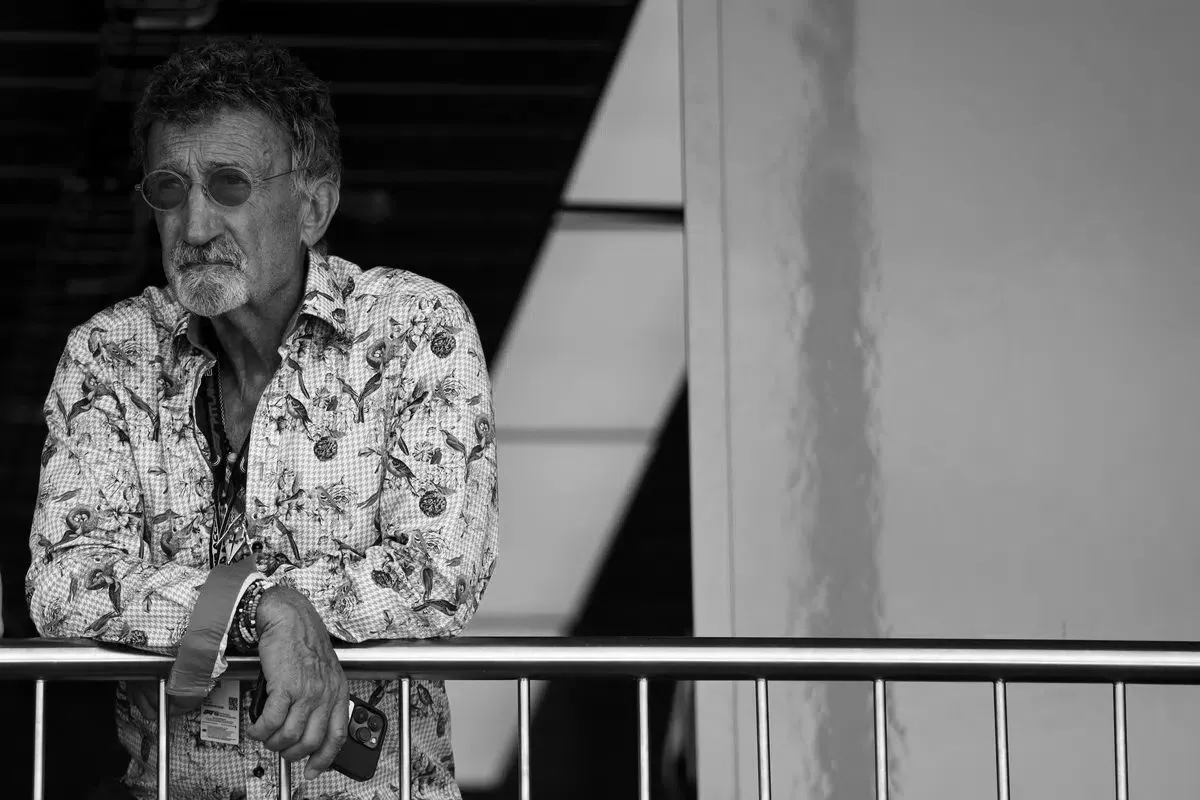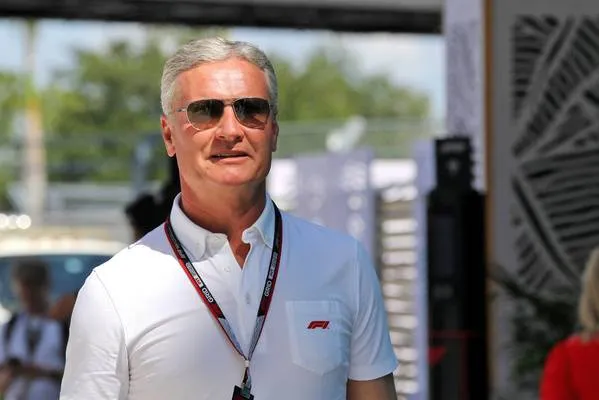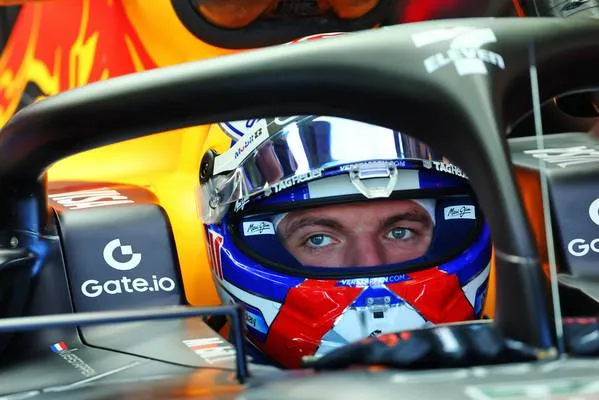Yuki Tsunoda finished his debut race for Red Bull Racing outside the points, while teammate Max Verstappen secured victory. At first glance, there appears to be little difference between Tsunoda’s performance and that of his predecessor, Liam Lawson. However, it's worth noting that a strategic misjudgment by Red Bull may have hampered the Japanese driver's chances of a better result.
"Yeah, I mean in terms of the setup itself, it was more towards the rain, which didn't happen. So that was a bit unfortunate. But I knew it was going to be tough for overtaking. I was expecting if the situation, like, tyre degradation is massive, it could be a really good situation but degradation was even zero," Tsunoda explained.
In any case, Tsunoda was pleased with the mileage he could achieve for his new team. "In terms of progress I had this week, it's far more than I expected, to be honest. So I just keep what I'm doing. Like I said, 52 laps was very big for me. In terms of confidence level, it's completely different compared to what I started [with] in F1 this weekend. So I'm sure if I have one more qualifier it will be a little bit different, but it's too late, I don't have any more, but I just have to do better in the next race."
Tsunoda learned a valuable lesson about the British
A weekend full of learning moments for Tsunoda. The Japanese driver also admitted that Red Bull Racing's approach is different from Racing Bulls, even though both teams are under the same umbrella. "It's interesting. No offence to you know, British, but it's a bit more like straight, right, but actually they are very very friendly. They're all English. Direct, but very friendly, as much as Italians."
At its core, Red Bull is a British team due to its location and the majority of its staff. Racing Bulls, however, is based in Italy, and the majority of the staff, therefore, are Italian. "Even today, after the race, they were saying, good job, every mechanic said good job. I'm excited for the next race. So in terms of motivation, I'm happy they are able to give the motivation. And also the engineering group, they are very supportive to make it work."
This article was written in collaboration with Ludo van Denderen
Read also
Read more about:
Popular on GPBlog

1
F1 LIVE | Verstappen and Red Bull warned, early exit from Ferrari predicted for Hamilton
819 times read
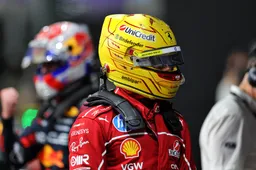
2
F1 Today | Hamilton exit predicted, and exclusive interview with former F1 driver
667 times read
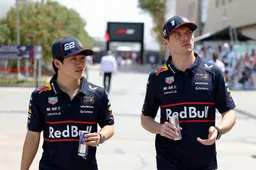
3
How Tsunoda compares to Verstappen versus Lawson in 2025
632 times read
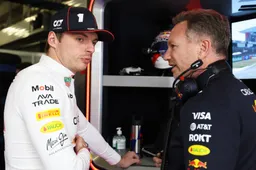
4
Horner calls Verstappen's 2021 title win 'the highlight of Red Bull's history'
590 times read
